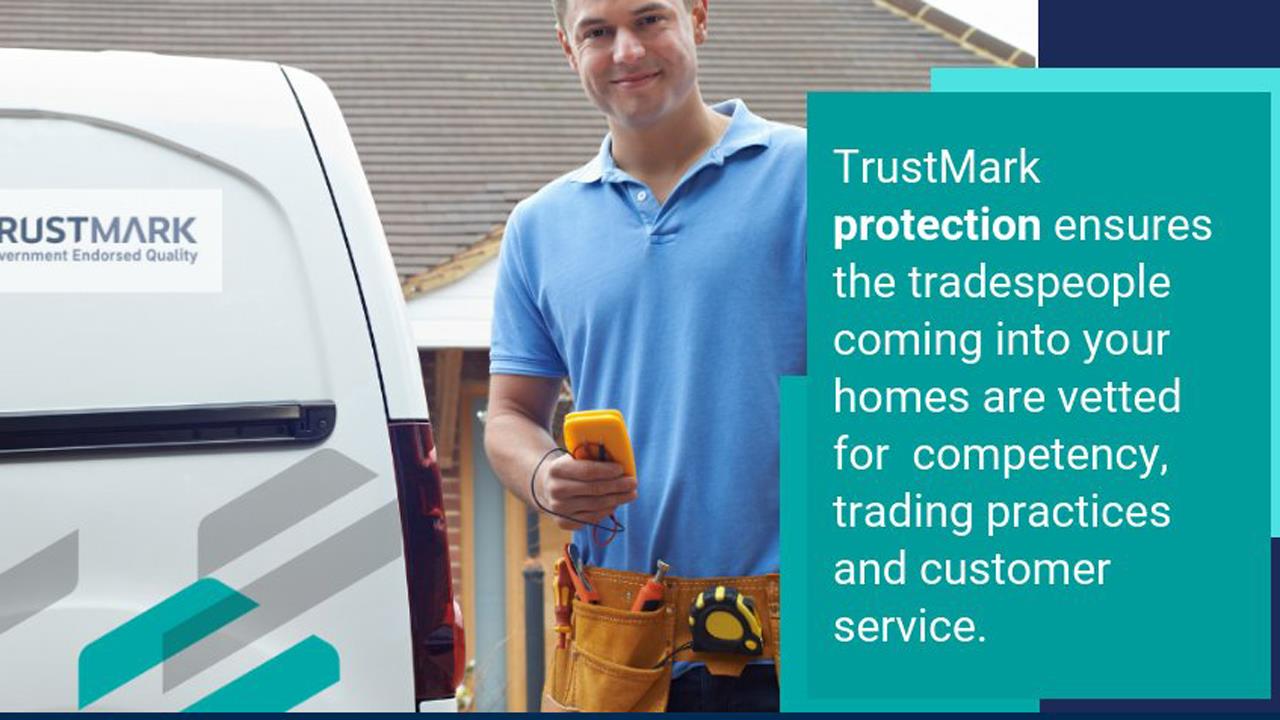

Formalised by Parliament, ECO3 now includes mandatory registration with TrustMark, which was developed based on the recommendations from the Each Home Counts Review.
This means any contractors operating within the ECO environment, completing energy improvements on people’s homes, need to be registered with TrustMark and working under the requirements of the TrustMark Framework Operating Requirement (FOR).
Simon Ayers, CEO of TrustMark, said: “We are looking forward to working with the energy sector, alongside our current TrustMark Scheme Providers, to support the government’s Energy Company Obligation and the delivery of the new energy efficiency retrofit standards.
“The industry across many sectors is in a significant period of change, not just in the energy sector. Our role is to work with, and collaborate with, organisations and businesses to help consumers make improvements to their homes and enhance the protection they can depend on when making such decisions.
“We are keen to support the many innovative ideas for compliance and the new technologies that will be developed to help smooth the route for businesses to deliver these new requirements.”
Lynn Hugo, Non-Executive Director of TrustMark’s new independent Board, said: “Improving the energy efficiency of people’s homes is key to helping the UK reduce its contribution to global warming.
“TrustMark is driven by several factors, including helping consumers make improvements to the energy efficiency of their homes and enhancing the protection they can depend on when making such decisions.
“The updated ECO legislation is the start of an important and exciting journey for TrustMark and its Registered Businesses that will result in positive, impactful change for both consumers and tradespeople. It provides a clear message that TrustMark is exactly what it says in its name – a mark of trust that consumers can rely on.”
The revisions of the ECO regulations was laid in Parliament on Thursday 31 October 2019, coming into force on 1 January 2020. All contractors carrying out ECO energy improvement works should be registered with TrustMark by this date.
The regulations also require contractors carrying out work to input information about the job into TrustMark’s Data Warehouse, which will act as a repository of information about work undertaken in and around the property.
Alongside the implementation of TrustMark, the regulations include the updated whole house specifications that come into effect under the TrustMark.
The whole house process and delivery requirements include PAS 2030:2019 and PAS 2035:2019.
PAS 2030:2019 is the new industry specification to replace PAS 2030:2017 and is inextricably linked to PAS 2035. PAS 2030 is the standard all energy efficiency installers must be certified to and compliant with to ensure that the installation of the energy efficiency measures under government-funded initiatives like ECO are completed at high levels of quality.
PAS 2035:2019 is the new overarching document in the retrofit standards framework. It specifies a holistic approach to the retrofitting of dwellings, better defining qualification, and responsibility of the individual retrofit roles and the respective activities required prior to the commencement of the physical installation.
Following the agreed transition period from PAS 2030 to 2035, and the development of the market skills and delivery methodology which ends in June 2021, a TrustMark Registered Business must have then completed the full transition to the new PAS standards.
If you'd like to keep up-to-date with the latest developments in the heating and plumbing industry, why not subscribe to our weekly newsletters? Just click the button below and you can ensure all the latest industry news and new product information lands in your inbox every week.